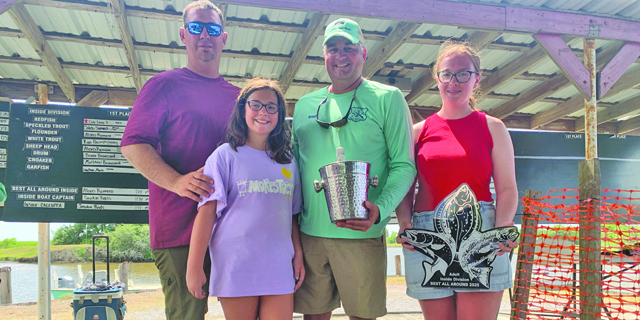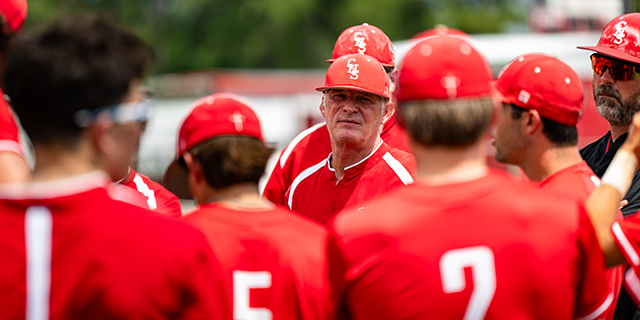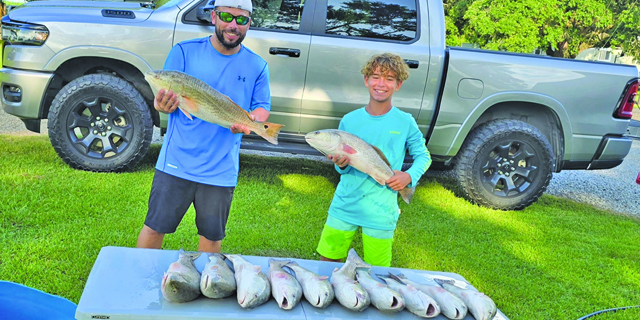Health Notes – Heat Stroke & Exhaustion
Published 10:46 am Monday, July 1, 2013
Hot! Hot! Hot!
by Ellen S. Mullen M.D.
Trending
How many times have we heard a person say, “This heat is killing me.” They could be right! Every year 240 persons in the United States die of heatstroke. Outdoor laborers are the most common group to have heat related illnesses. However, the elderly are the most at risk to die of heat stroke. Athletes and children are also frequently affected by the heat.
br
Heat related illnesses are divided into two categories, heat stroke and heat exhaustion. Heat stroke is further divided into classic and exertional forms. Heat exhaustion is a mild form of heat stroke and if left untreated can develop into heat stroke. Classic symptoms of heat exhaustion may include fatigue, headache, nausea, weakness, dizziness, agitation, and decreased or dark urination. Classic heatstroke is caused by exposure to high temperatures in the environment. The elderly and those with chronic illnesses are most at risk for developing classic heatstroke. This occurs when core body temperatures reach over 104 degrees Fahrenheit. It can develop slowly or over several days, and symptoms include confusion, seizures, or coma. Exertional heatstroke primarily affects younger active persons and has a rapid onset of only hours. It demonstrates the same symptoms as classic heatstroke.
br
Treatment of heat exhaustion includes removing the person to a cool shady place, removing unnecessary clothing, and bathing or spraying the person with cool water. Fan the victim and rehydrate with solutions containing sodium, orally if possible. If the person is confused call 911 or transport to the nearest hospital while attempting to cool the patient. Ice baths and cooling blankets may be used or ice packs can be placed under the arms, in the groin, and on the person’s head and neck.
br
Trending
The best way to avoid heat related illnesses is by prevention. Avoid exercising outside when it is hot and humid. Give your body several days to acclimate to the heat if you travel to a place that is hotter than where you live. Wear cool, breathable, light colored clothing, and drink plenty of nonalcoholic fluids. Hydrating before you are exposed to the heat is very important. Ask your doctor if the medications you are on may increase your risk for heat related illnesses. If you experience heat exhaustion or heatstroke you are more vulnerable to the heat for about a week afterwards. So stay cool and enjoy the hot, hot, hot Louisiana summer!





